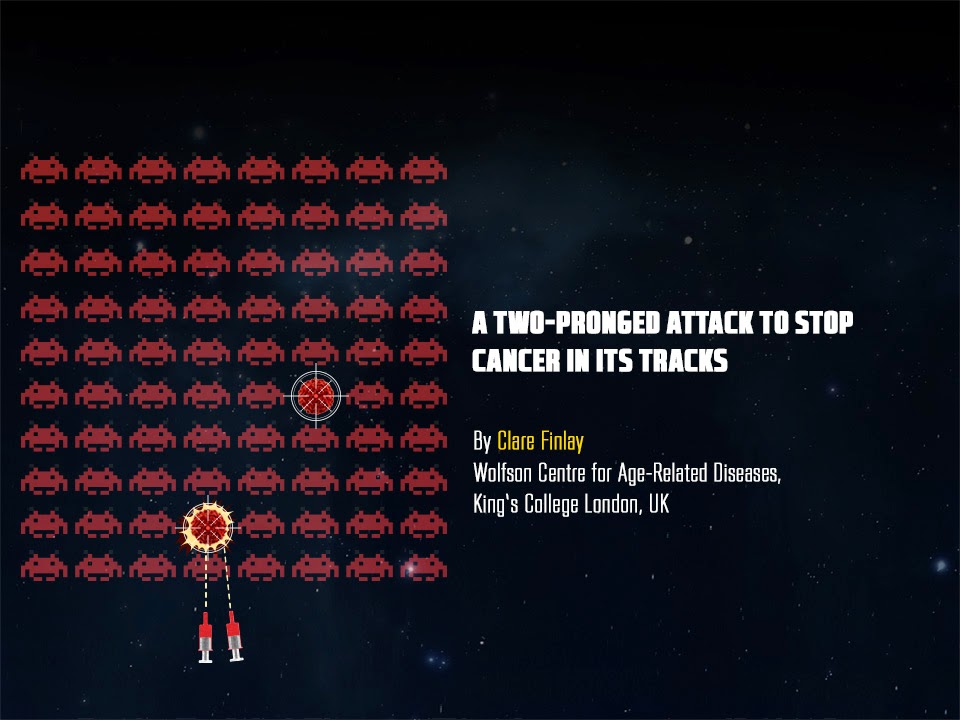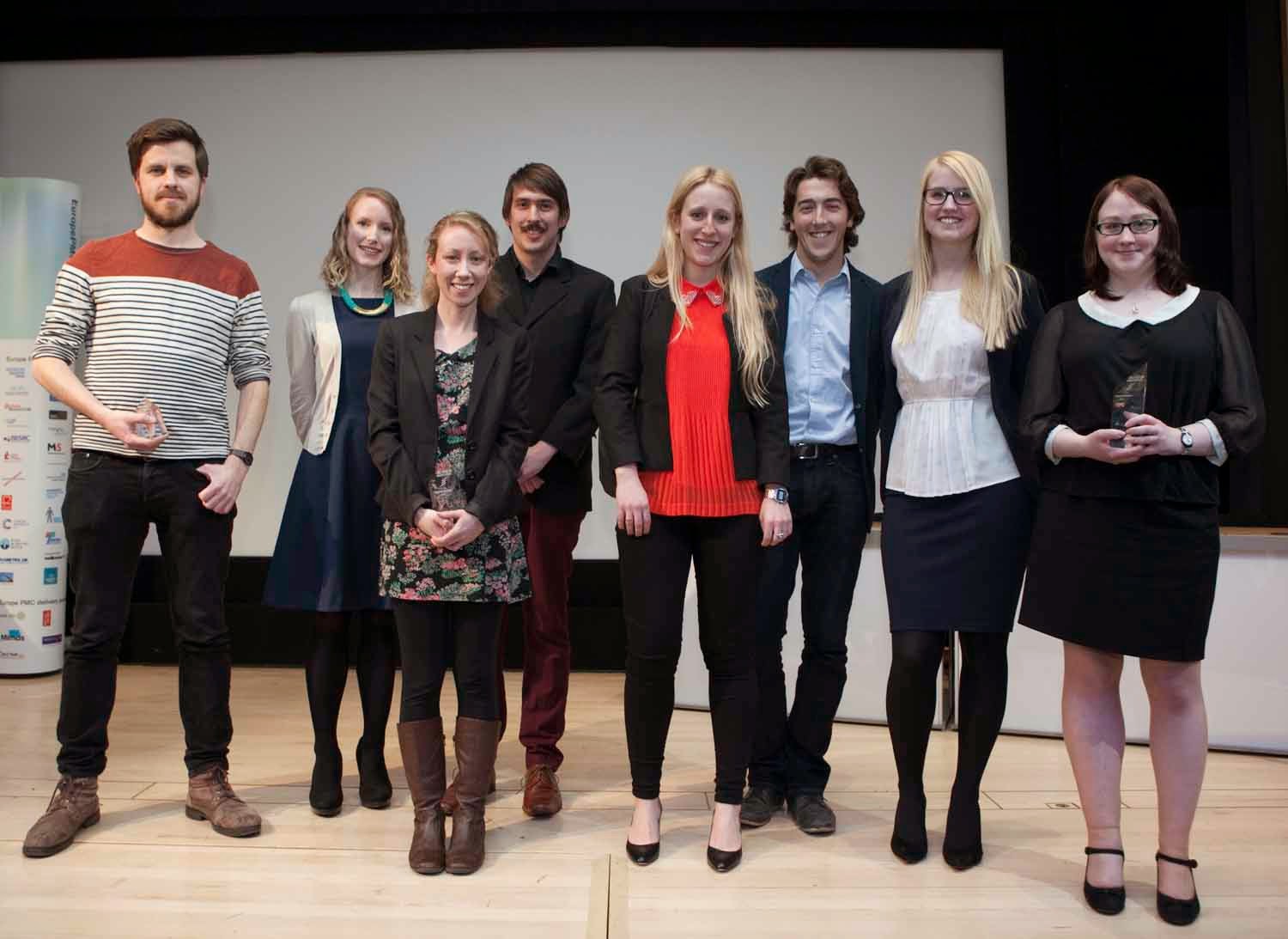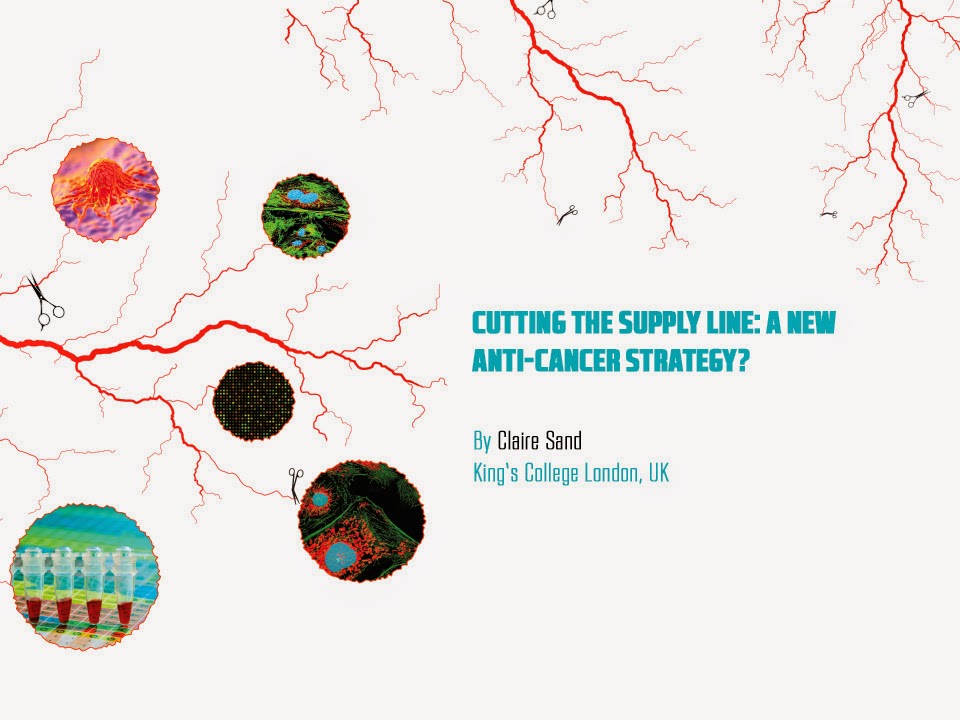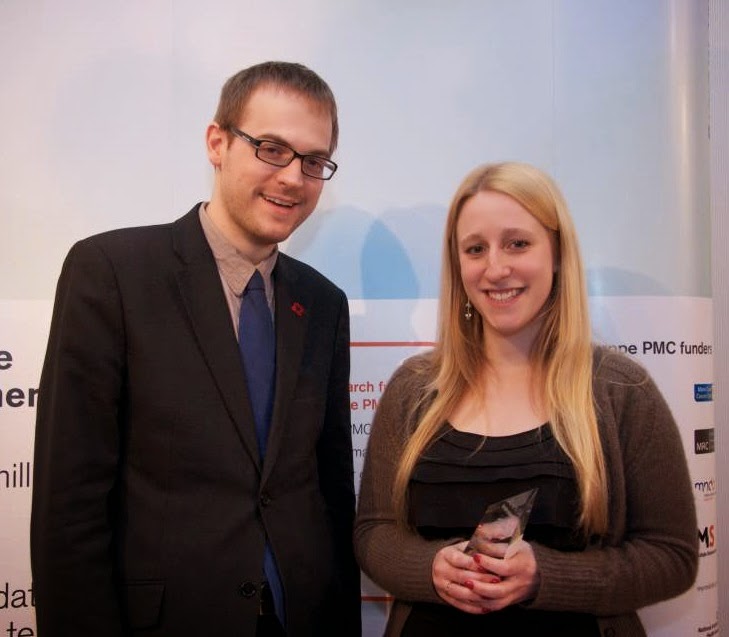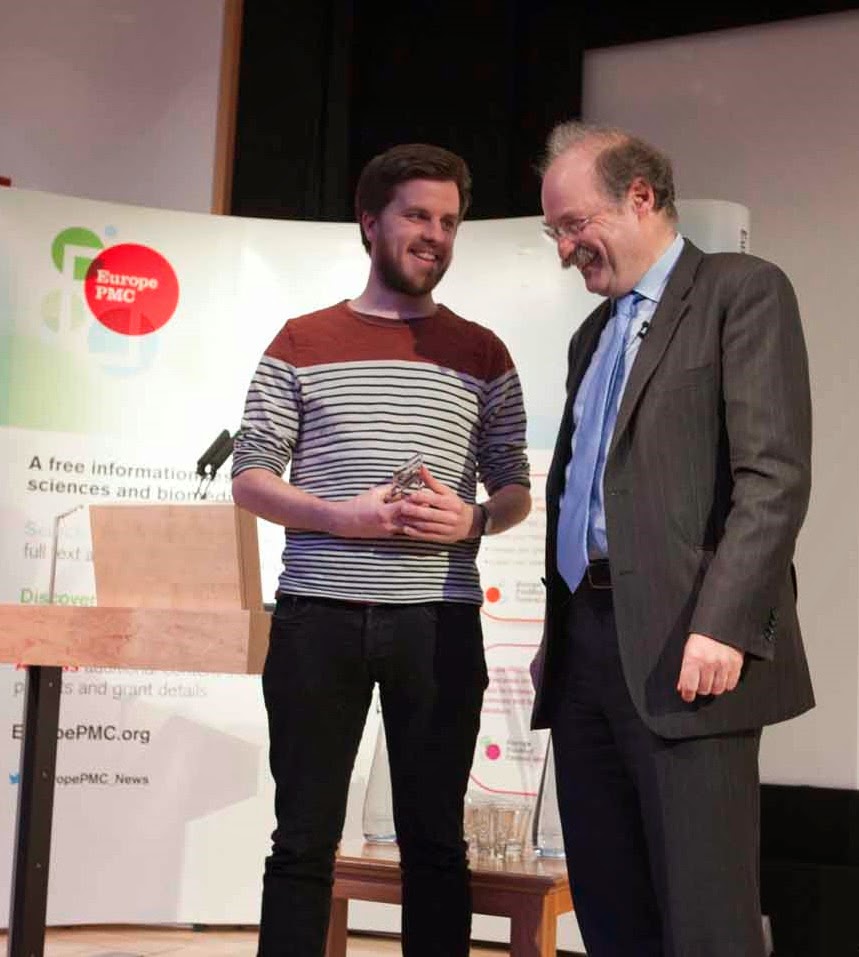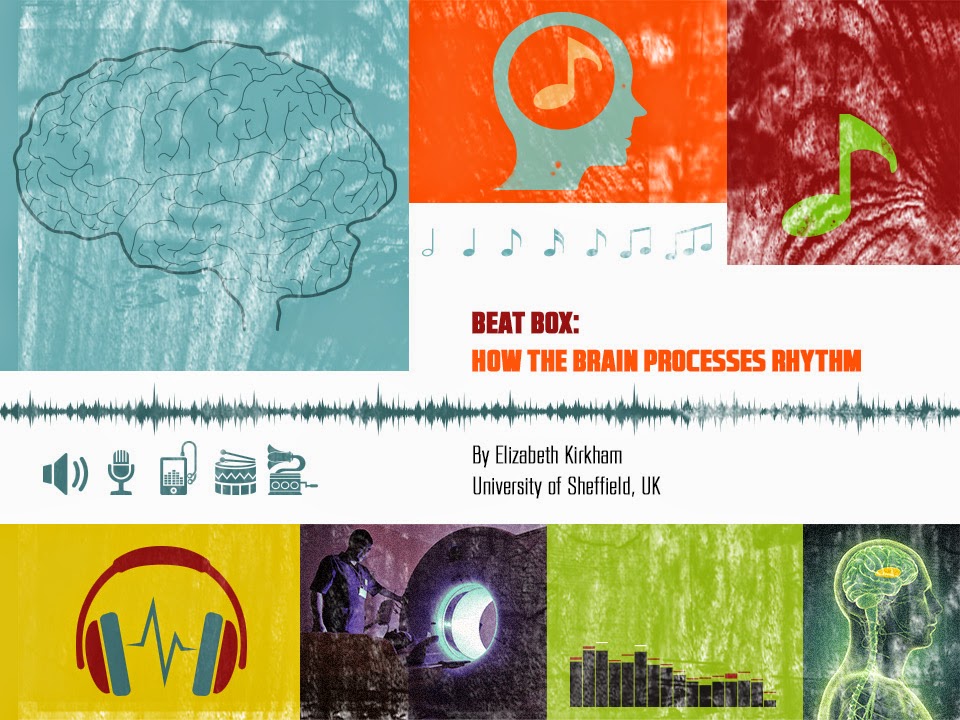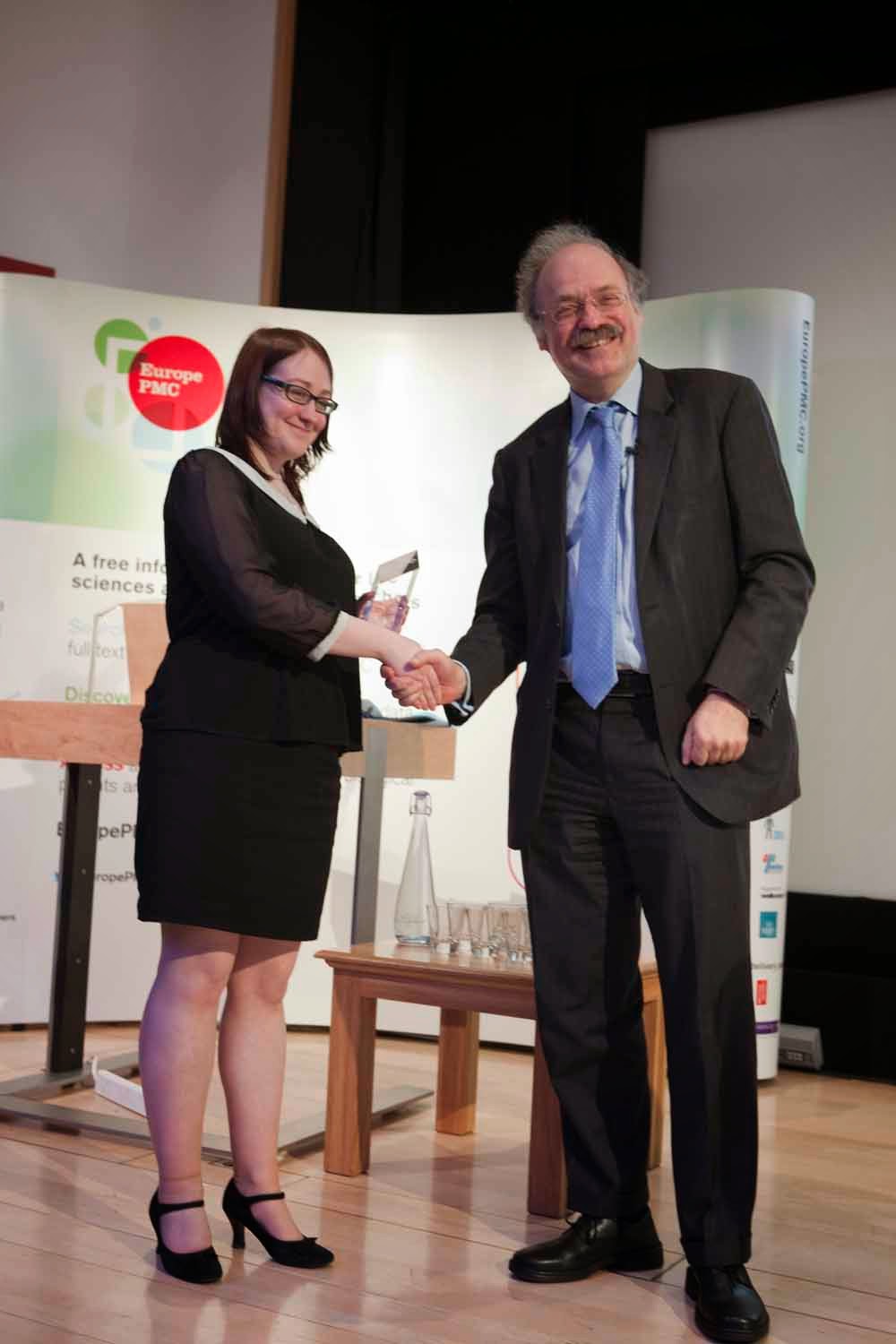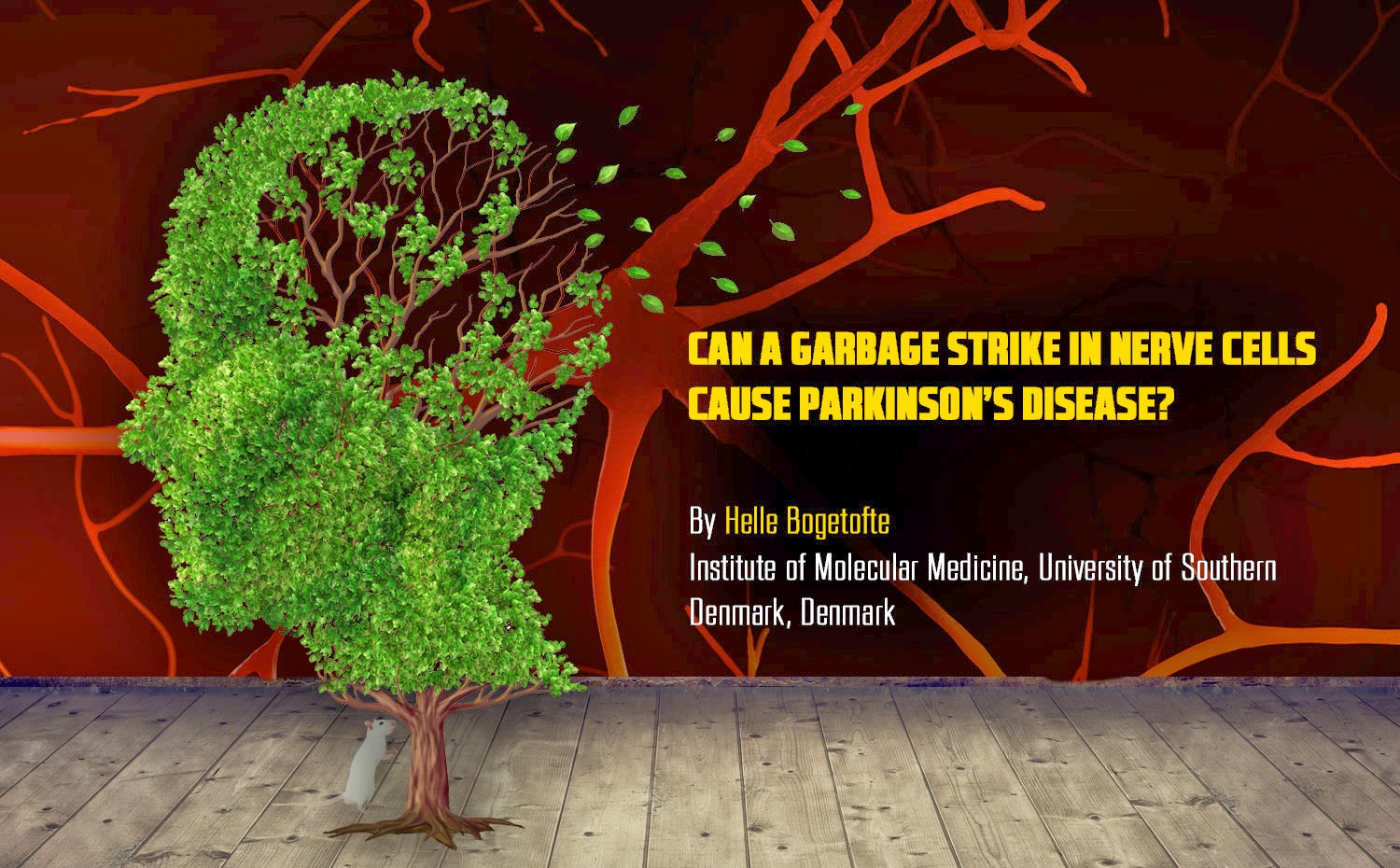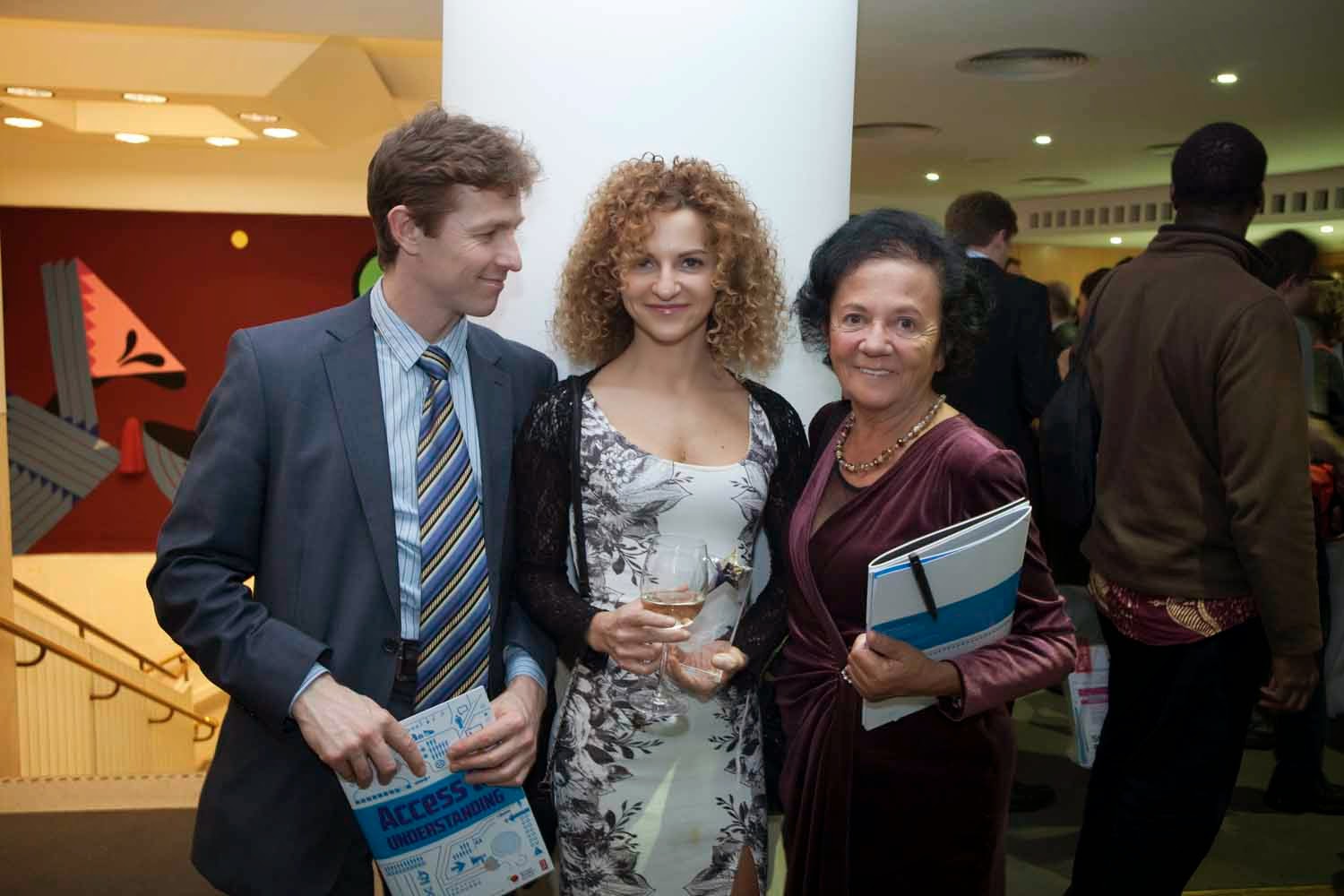
[By Lucia Aronica, Max F Perutz Laboratories, Austria]{style=“color: #48474c; font-family: "helvetica neue" , "arial" , "helvetica" , sans-serif; font-size: 11pt;”} [ ]{style=“color: #48474c; font-family: "helvetica neue" , "arial" , "helvetica" , sans-serif; font-size: 11.0pt;”} [Note: Lucia won the first ever Access to Understanding People’s Choice award.
